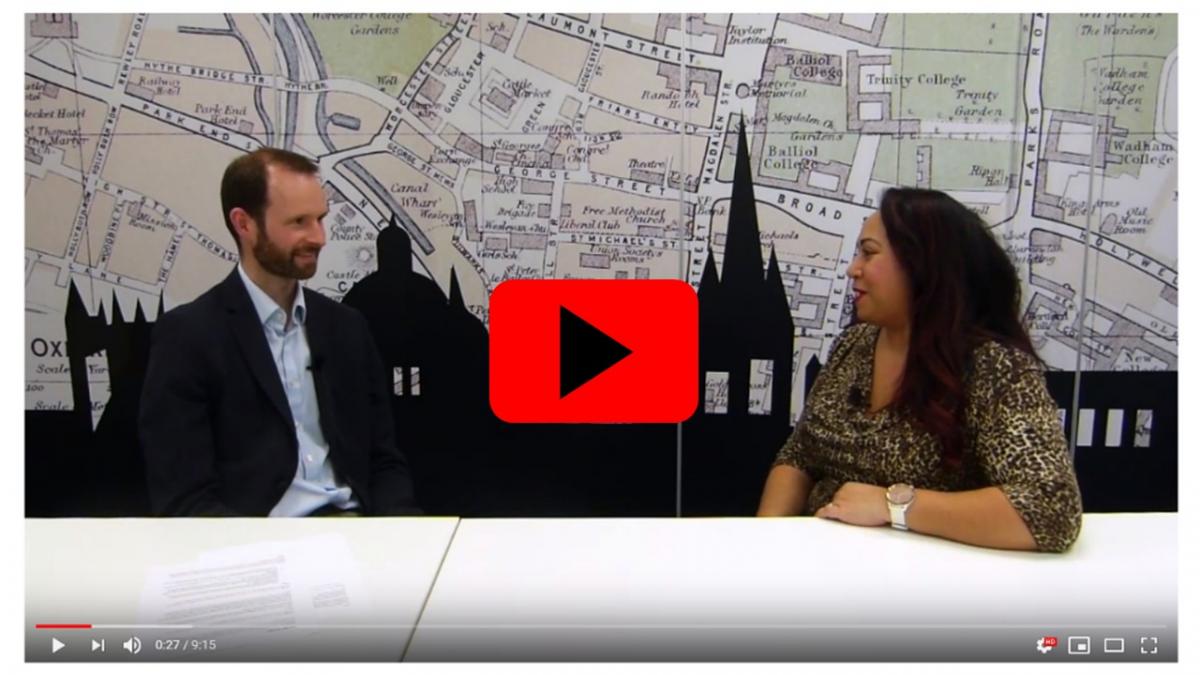PraxisAuril’s MarComms Manager Craig Smith caught up with Marusela Oliveras about how the RTTP accreditation, which is recognised worldwide, helped her establish herself in the Technology Transfer field in another country.
 Marusela Oliveras Salvá, PhD, RTTP, Guy’s and St Thomas’ NHS Foundation Trust in London
Marusela Oliveras Salvá, PhD, RTTP, Guy’s and St Thomas’ NHS Foundation Trust in London
Marusela (Barcelona, Spain) started showing an interest in IP and technology transfer half-way through her doctorate in Biomedical Sciences at KU Leuven (Belgium), where she followed some specialised training on IP. Since then, she has worked in technology transfer as a Technology Transfer Officer at the Innovation department of IRB Barcelona (Spain), and as a Business Development Manager at the Technology Transfer Office (TTO) of Erasmus MC in Rotterdam (the Netherlands). She became an RTTP in November 2016. Marusela currently works as a Senior IP & Commercial Research Manager at Guy’s and St Thomas’ NHS Foundation Trust in London.
Q1: What influenced your decision to seek RTTP accreditation?
A: It had been on my mind for a while as an important milestone to achieve in my career. In early 2017, I was moving to London because of my husband’s career, and that influenced my decision to seek the RTTP accreditation in 2016. A change of job and country is always exciting but also a little bit scary, so I thought that an accreditation which is recognised worldwide would help me getting established in this field in another country.
Q2: Did you plan your path to RTTP accreditation?
- If yes, can you detail the training, courses, mentorship and professional development opportunities you undertook to qualify?
- If no, can you detail your past professional experience which lead to your RTTP accreditation?
A: Yes, definitively. I had been following training in this field since 2011 from ASTP, PROGRESS-TT and other non-RTTP accredited providers. In particular, I had attended courses on fundamentals of technology transfer, creating spin-outs, developing your investor network, and I continue on following training now. It took me a while to list all my technology and knowledge transfer education to date, get the certificates of attendance if they were missing, evaluate which knowledge was still missing and where to find it. It also took some time to write down the achievement case, making sure it reflected well my experience. I had mentors, of course, my line manager at the time (Dr Spigt, Director) and a dear colleague (Mrs Correa, Senior Legal Counsel) at Erasmus MC TTO, who had already obtained their RTTP status and were strongly supportive and inspiring. It is very important to have someone guiding you through this process to be successful at your first try.
Q3: Part of the RTTP application is to detail the skills/knowledge you applied to a KE/TT project and how this project was possible because of your contributions. Can you give details of the project you used in your application? Or details of similar projects conducted before or after your accreditation?
A: In my application, I used a case where I led the evaluation of the idea, protection via patent application, and engagement first with industry and later with different investors for the creation of a spin-out. I dedicated 2.5 years of my career to this case and in parallel, I built up good links with different stakeholders and had to develop internal processes for it to progress. Some hurdles showed up along the way, where expectations needed to be managed and unexpected or historical issues solved, so I explained how I dealt with them and did my best to overcome them. I remember that the length of the achievement case is limited so you must focus on one case only, explaining well your contribution to it.
Q4: Since becoming RTTP accredited has anything changed in you personally or professionally?
A: This accreditation certainly brings me confidence, at a personal and professional level, because it is a rare professional accreditation in this very unique field. Although the scientists and clinicians I work with in general don’t know what the RTTP letters next to my name mean, sometimes they ask and I explain that it is a recognition to my professional performance. I feel my advice is more valued and appreciated. My peers certainly notice it and sometimes I get enquiries about the process to obtain it. I think that somehow it also helped me get my current job. And at a much deeper level, I believe it shows my strong commitment to this profession, my years of experience and level of expertise, and my determination to continue developing my career in technology and knowledge transfer.
Q5: What advice would you give a fresh KE professional looking to become RTTP accredited?
A: First of all, I would advise you to plan your professional development and the RTTP accreditation will eventually follow. It may take you some time, as you must prove a certain level of expertise, but be consistent, keep track of the courses you attend, experiences and lessons learnt, everything that makes you the exceptional professional you are. Choose courses that are of interest to you and, at the same time, can bring expert knowledge to your office. I also would recommend being open about it with your line manager as I was, set it as a career goal in your annual appraisal, whether in the short or long term depending on the stage in your career now. This will help you receive all the support you need to get there. If I were a line manager, I would certainly encourage my staff to seek this accreditation: it does not only bring recognition to your employee, but also to the team and the organisation you are leading.
How does Oxford University Innovation apply RTTP?
Watch our Professional Development Programme Manager Georgina Wark interview Adam Stoten, Chief Operating Officer at Oxford University Innovation, on how RTTP fits with the OUI's strategy to professional development
